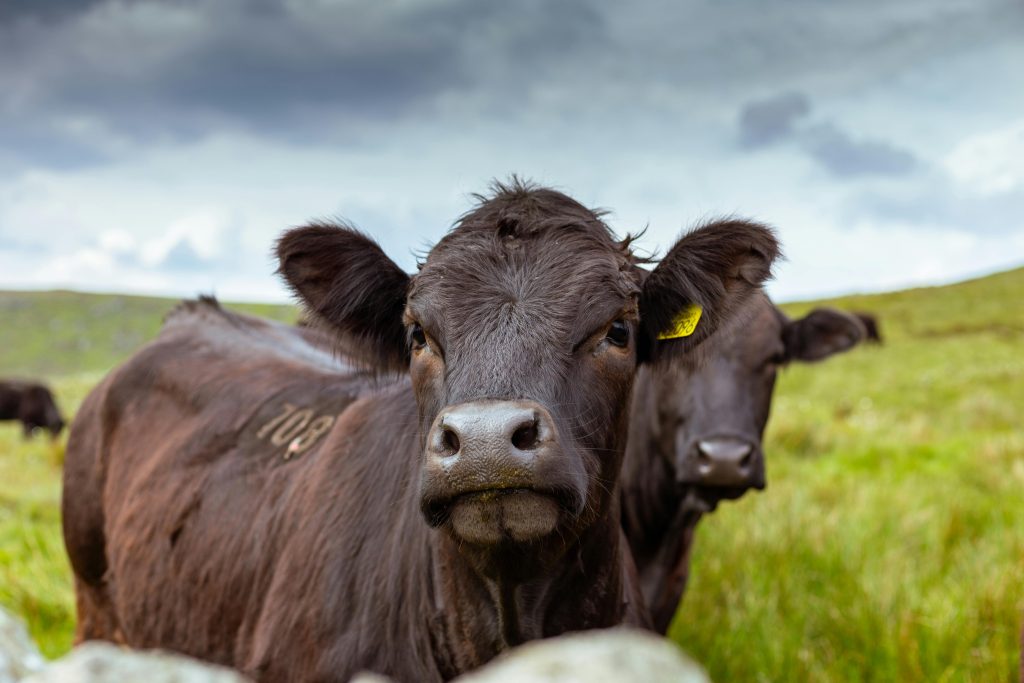Advice to farmers following case of Bluetongue Disease in Shropshire
Farmers in Shropshire are being asked to stay alert and be aware of the signs of Bluetongue and follow the necessary animal welfare guidance.

Image of cows. Photo credit Miguel Arcanjo Saddi, Pexels images
The advice from Shropshire Council’s Animal Health team, follows the announcement from The Department for Environment, Food & Rural Affairs (Defra) who have confirmed a single case of Bluetongue disease in Shropshire.
At this time, Shropshire has not been placed under a disease control zone. The affected premises is currently under movement restrictions and the affected animal has been culled.
Symptoms and Reporting
Bluetongue is a notifiable disease primarily affecting sheep, cattle, other ruminants such as deer and goats, and camelids such as llamas and alpacas; failure to report it is against the law.
It does not affect humans or food safety but poses significant risks to livestock movement and trade.
Key clinical signs include:
- In Sheep: Ulcers in the mouth and nose, eye and nasal discharge, swelling of lips, tongue, head, and neck, red skin, fever, lameness, breathing issues, abortions, foetal deformities, stillbirths, and death.
- In Cattle: Lethargy, crusty erosions around the nostrils and muzzle, redness in the mouth, eyes, and nose, skin redness above the hoof, nasal discharge, teat erosions, fever, milk drop, anorexia, abortions, foetal deformities, and stillbirths.
If you suspect bluetongue, report it immediately by calling 03000 200 301 in England or 03003 038 268 in Wales.
For more information and updates, please visit Bluetongue: news, information and guidance for livestock keepers – GOV.UK (www.gov.uk) or contact your local veterinary services.

